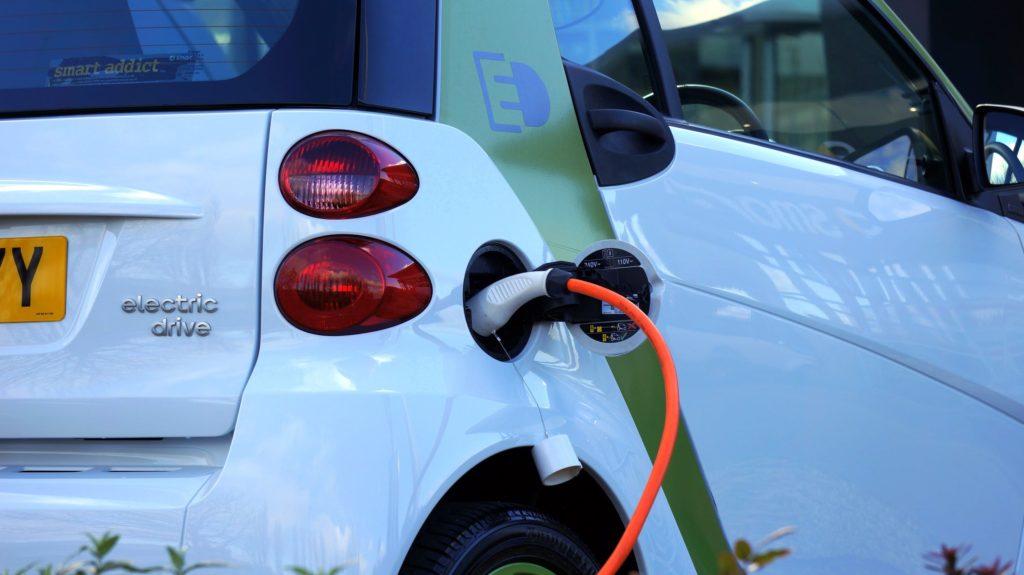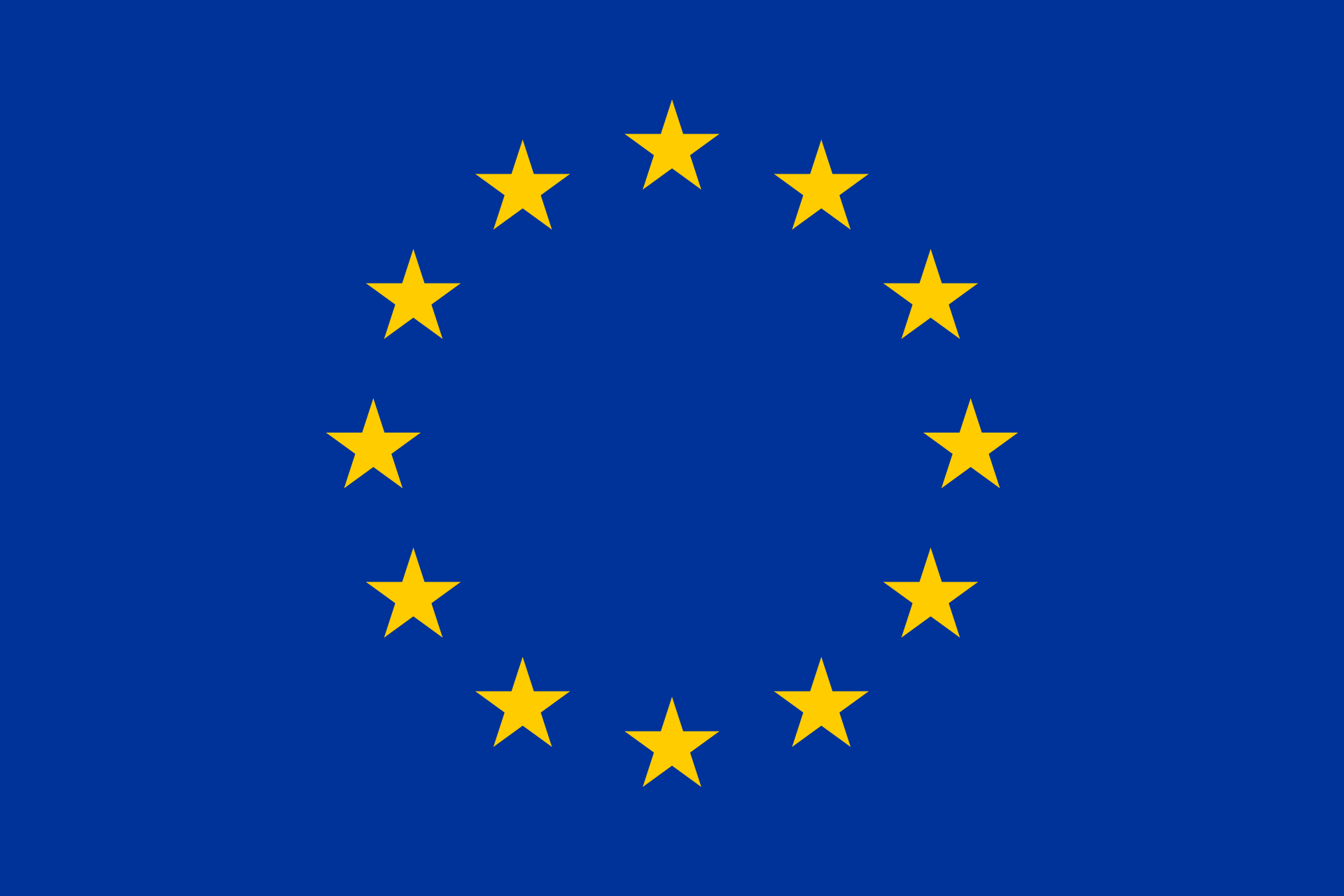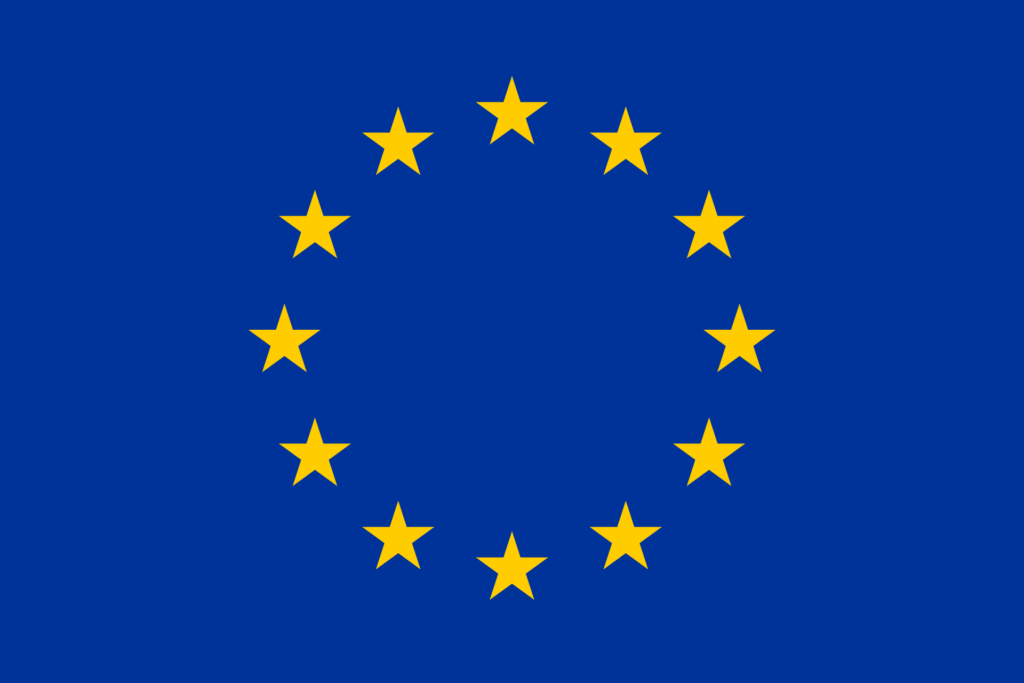Diary of main tax events October / November 2020
| Date | What’s Due |
| 1/10 | Corporation tax for year to 31/12/19, unless quarterly instalments apply |
| 5/10 | Deadline for notifying HMRC of chargeability for 2019/20 if not within Self-Assessment and receive income or gains on which tax is due |
| 19/10 | PAYE & NIC deductions, and CIS return and tax, for month to 5/10/20 (due 22/10 if you pay electronically) |
| 1/11 | Corporation tax for year to 31/01/2020, unless quarterly instalments apply |
| 19/11 | PAYE & NIC deductions, and CIS return and tax, for month to 5/11/20 (due 22/11 if you pay electronically) |
Need more information?
Do you need help with the diary of main tax events for October / November 2020? Contact our team today. We offer a wide range of services in a broad range of sectors, from construction and property to the charity sector. Our team work hard to ensure they create smart and effective tax-efficient solutions for start-ups to optimise growth and help them succeed. If you want to learn more about how the team can help or simply want some start-up advice from a trusted accountant do hesitate to contact us. For more information please do hesitate to contact us on 0161 962 1855. Alternatively you can email us using the form below and we will contact you as soon as possible.
Our fantastic team at A&C Chartered Accountants are here to help.












